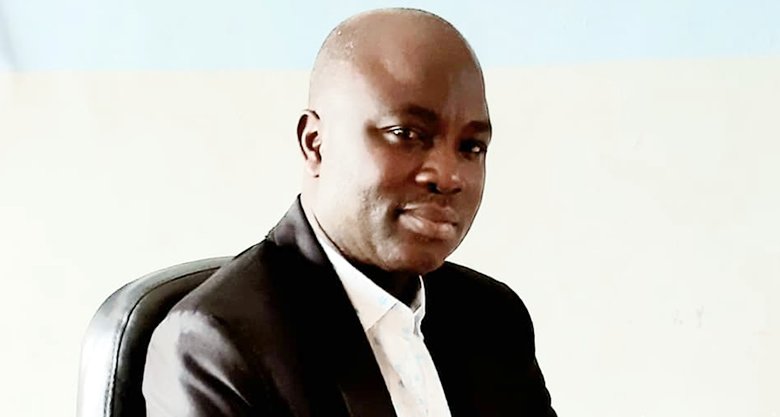
Because ‘felicitate’ is often associated with celebrations, it is recurrent in oral and written communication. It is one word that is, for instance, regularly used in advert copies. Just open any of our newspapers and you see the expression waiting to embrace very eye.
The problem with such a term is, however, that once an error is associated with it, it becomes common and contagious. The fact is that ‘felicitate’ does not need ‘with’, the preposition that many of us attach to it. So, it is unlike the iconic English football club, Liverpool, which relish praying, ‘May you not walk alone.’ Surely, ‘felicitate’ boldly walks and works alone.
Consider these examples:
We felicitate with the new Olubadan of Ibadanland, Oba Olalekan Balogun Ali-Iwo. (Wrong)
We felicitate the new Olubadan of Ibadanland, Oba Olalekan Ali-Iwo. (Correct)
Note that I am a bit in-house stingy in the way I presented the title of the monarch in my sentences above. The full title is Oba Senator Doctor Mohood Olalekan Balogun Ali-Iwo 2. Also, note that there is no ‘s’ in the oba’s Muslim name. It is ‘Mohood’, not Moshood – as we have in Moshood Kasimawo Abiola. Kabiesi o!
Back to ‘felicitate’. The point I am stressing is that the way ‘comprise’ does not need ‘of’ in many cases, ‘felicitate’ does not require ‘with’. You need not felicitate with that friend celebrating their birthday, just felicitate them. (I hope you also remember why ‘friend’ changed to ‘they/them’ in the preceding clause. It is a way of avoiding saying ‘his or her’.)
Now, I hope you can explain why the following clauses are grammatically problematic:
Dear friend, I felicitate with you on this occasion of your golden birthday. (Wrong)
Sweetheart, I felicitate with you as you celebrate 30 healthily and joyfully. (Wrong)
The management and staff of Powerful Contractors Plc felicitate with your organisation as it opens its head office. (Wrong)
The new committee comprises of Mr Jeremiah Gorimapa as chairman, Mrs Angel Alayojuran as secretary, Dr Ken Ogirioko, member; and Mallam Ahmed Babandusi as member. (Wrong)
Passive voice
I must observe that ‘felicitate’ gladly with works the passive voice. A sentence is in the passive voice when the subject is acted upon. This means that unlike in the active voice where the subject performs the action, it, in the passive, receives the action it is supposed to be performing:
Professor Yemi Osinbajo saluted the king. (Active voice)
The king was saluted by Professor Yemi Osinbajo. (Passive)
The Olubadan was felicitated by several governors. (Correct: passive voice)
More examples
Here are other examples of sentences showing the proper way of handling ‘felicitate’, from Cambridge Dictionary:
The entire organisation should be felicitated.
I think we may felicitate them on the very happy discharge of the difficult task.
It is my happy privilege once again to felicitate a number of speakers on their maiden speeches.
Pronouncing ‘felicitate’
Also note that the pronunciation of the word is a bit tricky. The area to particularly watch has to do with the ‘e’ after ‘f’. You know many of us say fElicitate, pronouncing the ‘e’ as we do the one in FESTAC, fetch, ferry, fest and spelling. No! The ‘e’ after the ‘f’ in ‘felicitate’ should either come out as I (as in fIt (fit), fIx (fix), fImale (female), or the low A as we have in Arrive, brothER and sistER.
Copyright PUNCH.
All rights reserved. This material, and other digital content on this website, may not be reproduced, published, broadcast, rewritten or redistributed in whole or in part without prior express written permission from PUNCH.
Contact: [email protected]





